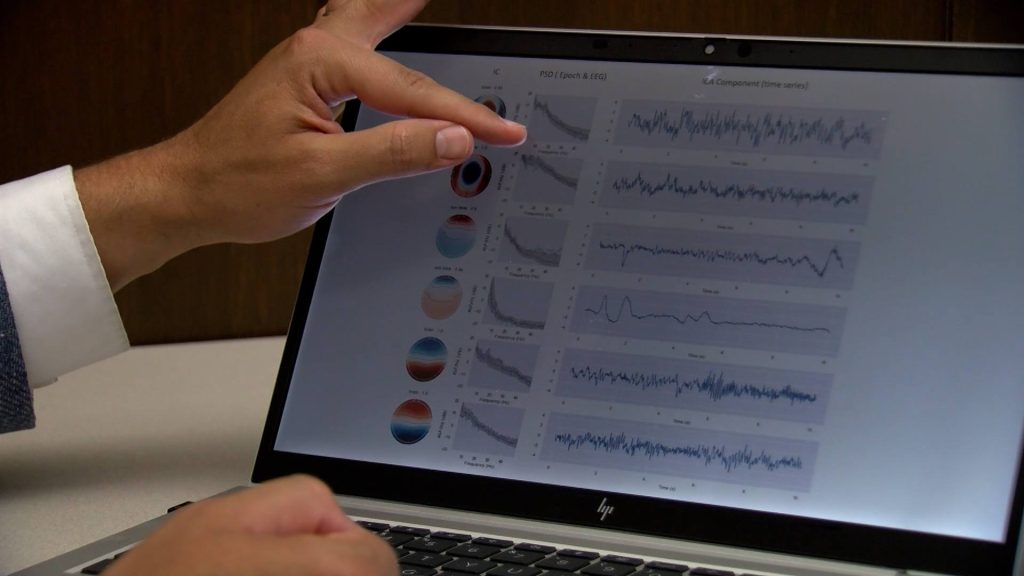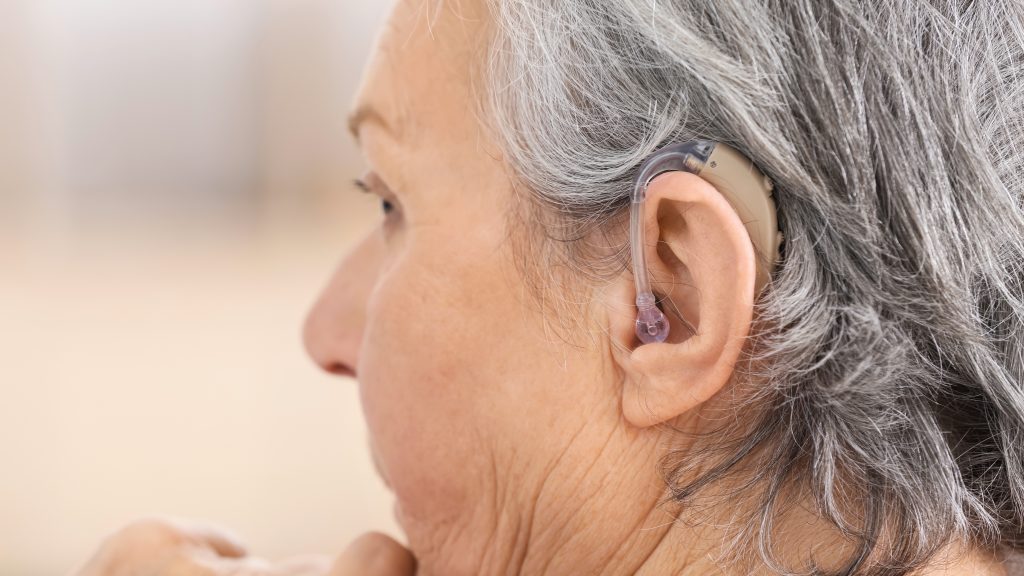




Check out a few of the most popular News Network stories on @mayoclinic social media this past week.
What you should know about processed, ultra-processed foods
Processed, and especially ultra-processed, foods have been blamed for the national rise in obesity, high blood pressure and diabetes. But what exactly are these foods, and are they really all that bad for you?
Mayo Clinic Minute: How untreated hearing loss can result in a negative health spiral
Hearing loss often is thought of as a normal part of aging, but recent studies have shown untreated hearing loss can significantly affect overall health. Dr. Nicholas Deep, a Mayo Clinic otolaryngologist, explains how untreated hearing loss can affect cognitive, social and physical health.
Mayo Clinic Minute: Using AI and brain waves for early diagnosis of neurodegenerative diseases
In a recent study, a research team led by Mayo Clinic is investigating use of artificial intelligence (AI) with routine electroencephalogram (EEG) tests to help diagnose Alzheimer's disease and other brain disorders. Dr. David T. Jones, a Mayo Clinic neurologist and senior author of the study, explains what this means.
Mayo Clinic Minute: How to jump-start your workout
The Summer Olympics have started, which might inspire you to be more physically active. But jump-starting your workout routine can be challenging if you've been sitting on the couch for a while. It can seem like a daunting task.
Dr. Nathan LeBrasseur, director of the Robert and Arlene Kogod Center on Aging at Mayo Clinic, says it's never too late to get moving, even if you're an older adult.
Your wearable says your heart rate variability has changed. Now what?
Wearables measure several aspects of health, and heart rate variability might be one of those. It may be surprising when your device informs you that your heart rate variability is high or low, but what does it mean? Dr. Elijah Behr, a cardiologist at Mayo Clinic Healthcare in London, explains heart rate variability and how it factors into health.







